Changing climate and ocean conditions are impacting the nation’s valuable marine resources and the people, businesses and communities that depend on them. NOAA Fisheries is assessing the vulnerability of fish stocks, protected species (marine mammals, sea turtles) and fishing communities to better understand which species may be most vulnerable and how to respond.
Changing climate and ocean conditions are impacting the nation’s valuable marine resources and the people, businesses and communities that depend on them. NOAA Fisheries is assessing the vulnerability of fish stocks, protected species (marine mammals, sea turtles) and fishing communities to better understand which species may be most vulnerable and how to respond.
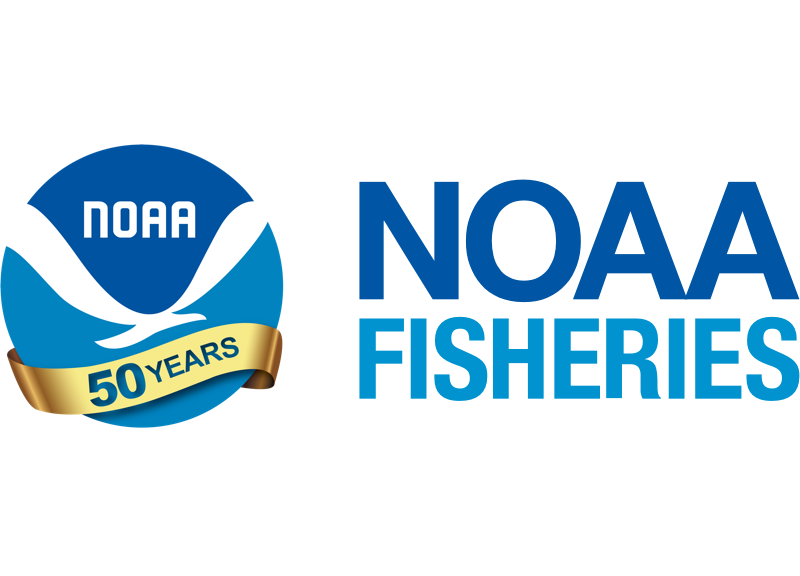
Climate Vulnerability Assessments
Changing climate and ocean conditions are impacting the nation’s valuable marine resources and the people, businesses and communities that depend on them. NOAA Fisheries is assessing the vulnerability of fish stocks, protected species (marine mammals, sea turtles) and fishing communities to better understand which species may be most vulnerable and how to respond.

Fourth National Climate Assessment
The Global Change Research Act of 1990 mandates that the U.S. Global Change Research Program (USGCRP) deliver a report to Congress and the President no less than every four years. This assessment was written to help inform decision-makers, utility and natural resource managers, public health officials, emergency planners, and other stakeholders by providing a thorough examination of the effects of climate change on the United States.
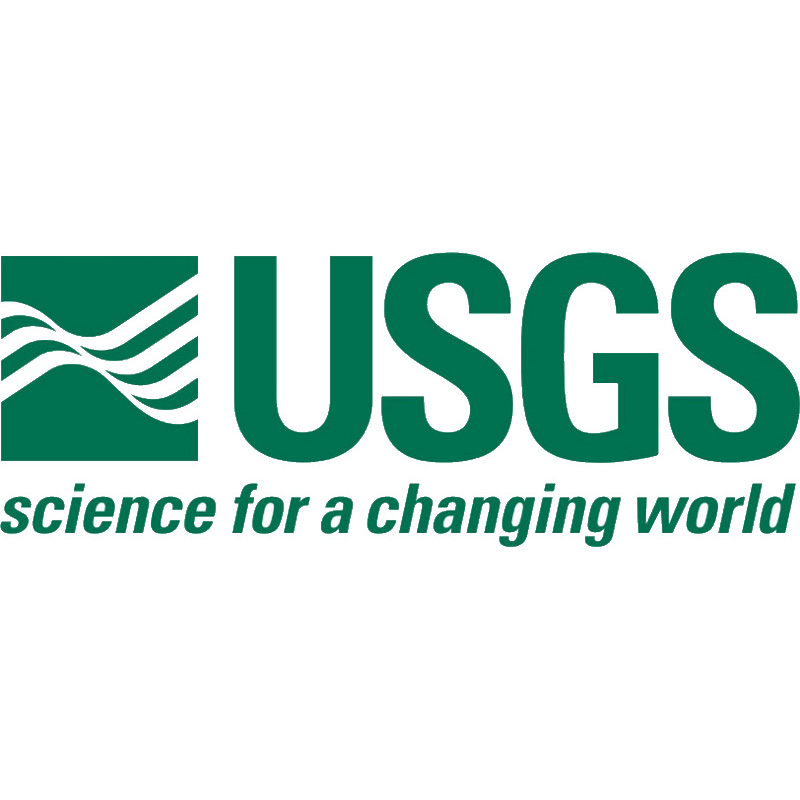
National Hydrography Dataset (NHDPlus)
Reliable and accurate high-resolution mapping of the Nation’s waters are critical inputs to models and decision support systems used to predict risk and enable response to impacts on water resources. It is necessary to know where the water is and how it relates to features beyond the stream network like forests, cities, and infrastructure. An up-to-date, high-resolution national hydrography framework is required for modeling the occurrence of water and to provide the ability to connect detailed information from the surrounding landscape to the stream network. To support this, the U.S. Geological Survey is developing NHDPlus High Resolution (NHDPlus HR), the next generation of NHDPlus using updated, high-resolution datasets to create a modern, scalable, and openly accessible hydrography framework for the inland waters of the Nation.


Template for Assessing Climate Change Impacts and Management Options (TACCIMO)
The Template for Assessing Climate Change Impacts and Management Options (TACCIMO) delivers access to the most current climate change science, including dynamically linked peer-reviewed publication findings describing effects and management options and interactive maps of climate projections and models that provide insight into climate influences on natural resources.








NorEaST Stream Temperature Data Inventory
The NorEast web portal serves as a coordinated, multi-agency regional framework to map and store stream temperature locations and data for states in New England, the Mid-Atlantic, and the Great Lakes regions. The tool consists of a map viewer where the public can view locations and metadata for current and historic stream temperature monitoring sites, a database where data stewards can store and manage their data, and web services to connect, communicate, and serve data for use in analysis and applications. Stream temperature monitoring locations and metadata can be viewed for more than 10,000 locations across 30 states, contributed by 40 different organizations.








Nonindigenous Aquatic Species (NAS)
The Nonindigenous Aquatic Species (NAS) information resource for the United States Geological Survey, located at Gainesville, Florida, has been established as a central repository for spatially referenced biogeographic accounts of introduced aquatic species. The program provides scientific reports, online/realtime queries, spatial data sets, distribution maps, and general information. The data are made available for use by biologists, interagency groups, and the general public. The geographical coverage is the United States.
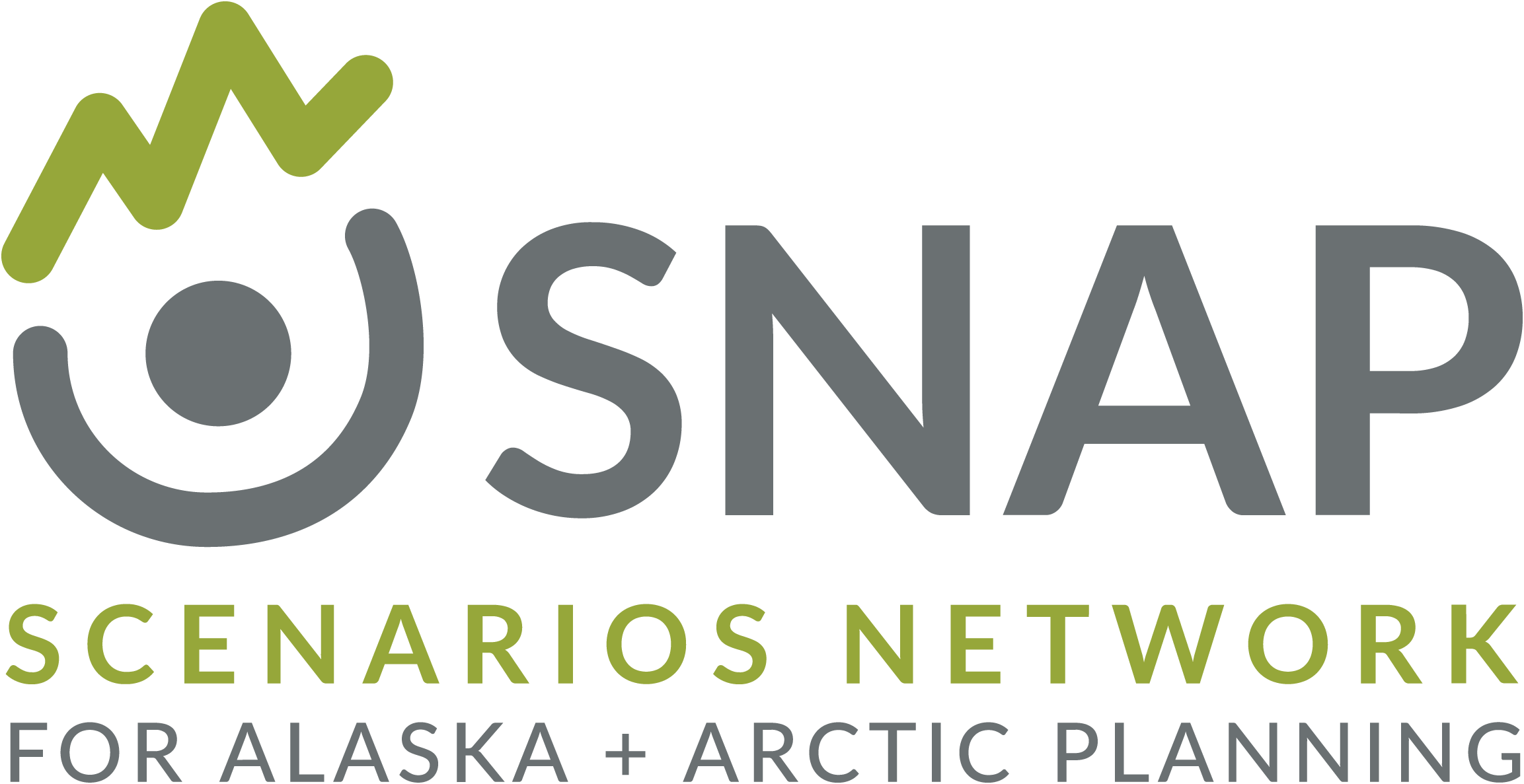

Scenarios Network for Alaska and Arctic Planning
Since 2007, SNAP has used climate data to create and share ideas of how a future Northern climate could look. We help others envision a future Northern climate. We develop credible projections that advise policy and management. Scenario planning enables University of Alaska researchers to convey the importance of their work to society.








Handbook for Resource Managers to Understand and Utilize Sea-Level Rise and Coastal Wetland Models
The goal of this project was to collate science and models pertaining to the effects of sea-level on coastal wetlands into a format that would be accessible and useful to resource managers. Researchers conducted training sessions with coastal managers at federal agencies including the U.S. Fish and Wildlife Service, National Oceanic and Atmospheric Administration, and National Park Service to evaluate managers’ needs and understanding of concepts, data, and modeling tools for projecting sea-level rise and its impact on coastal habitats and wildlife. Based on this feedback, researchers developed a handbook summarizing existing information and tools and their respective characteristics, uses, and limitations. The resulting handbook provides a user-friendly guide to understanding the current state of knowledge and tools suitable for managing coastal wetlands.








USGS Dam Removal Science Database v3.0
This database is the result of an extensive literature search aimed at identifying documents relevant to the emerging field of dam removal science. In total the database contains 214 citations that contain empirical monitoring information associated with 181 different dam removals across the United States and abroad. Data includes publications through 2016 and supplemented with the U.S. Army Corps of Engineers National Inventory of Dams database, U.S. Geological Survey National Water Information System and aerial photos to estimate locations when coordinates were not provided. Publications were located using the Web of Science, Google Scholar, and Clearinghouse for Dam Removal Information.
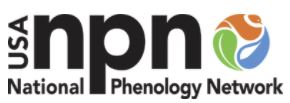

Summaries of Recent Phenology Publications
The USA National Phenology Network (USA-NPN) brings together citizen scientists, government agencies, non-profit groups, educators and students of all ages to monitor the impacts of climate change on plants and animals in the United States. Recent phenology research is highlighted in their publication summaries.


Intergovernmental Panel on Climate Change
The Intergovernmental Panel on Climate Change (IPCC) is the United Nations body for assessing the science related to climate change. Reports The IPCC prepares comprehensive Assessment Reports about the state of scientific, technical and socio-economic knowledge on climate change, its impacts and future risks, and options for reducing the rate at which climate change is taking place. It also produces Special Reports on topics agreed to by its member governments, as well as Methodology Reports that provide guidelines for the preparation of greenhouse gas inventories. The IPCC was created to provide policymakers with regular scientific assessments on climate change, its implications and potential future risks, as well as to put forward adaptation and mitigation options. Through its assessments, the IPCC determines the state of knowledge on climate change. It identifies where there is agreement in the scientific community on topics related to climate change, and where further research is needed. The reports are drafted and reviewed in several stages, thus guaranteeing objectivity and transparency. The IPCC does not conduct its own research. IPCC reports are neutral, policy-relevant but not policy-prescriptive. The assessment reports are a key input into the international negotiations to tackle climate change. Created by the United Nations Environment Programme (UN Environment) and the World Meteorological Organization (WMO) in 1988, the IPCC has 195 Member countries. In the same year, the UN General Assembly endorsed the action by WMO and UNEP in jointly establishing the IPCC.
Fish and Climate Change Database (FiCli)
Climate change is an important factor affecting fish globally. This site provides a comprehensive database of peer-reviewed literature available on how climate change has impacted and will continue to impact inland fishes worldwide. These studies have been compiled through an extensive, systematic primary literature review to identify English-language, peer-reviewed journal publications with projected and documented examples of climate change impacts on inland fishes globally. From this standardized database of existing literature, we can examine global patterns in climate change impacts on inland fish.


U.S. Climate Resilience Toolkit
Tools are available to help you manage your climate-related risks and opportunities, and to help guide you in building resilience to extreme events. The U.S. Climate Resilience Toolkit is a website designed to help people find and use tools, information, and subject matter expertise to build climate resilience. The Toolkit offers information from all across the U.S. federal government in one easy-to-use location. This inter-agency initiative operates under the auspices of the United States Global Change Research Program. The site is managed by NOAA’s Climate Program Office and is hosted by NOAA’s National Centers for Environmental Information.


National Fish, Wildlife, & Plants Climate Adaptation Network
The Network supports the diverse, collective voice of the natural resource community on issues related to climate adaptation and is made up of representatives from federal, state, tribal, academic, and non-profit organizations. The mission of the Network is to provide leadership, coordination, and collaboration to navigate change and advance climate adaptation strategies for the fish, wildlife, and plants of the United States. The Network runs the Climate Adaptation Leadership Awards program and continues to promote the National Fish, Wildlife, and Plants Climate Adaptation Strategy. The site includes a report and fact sheets on “Advancing the National Fish, Wildlife, and Plants Climate Adaptation Strategy into a New Decade."
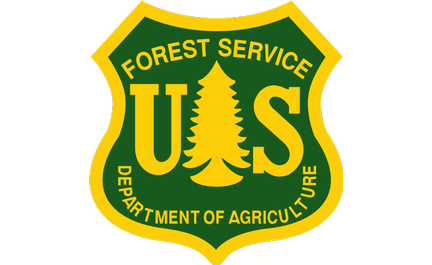


Aquatic eDNAtlas Project
The eDNAtlas is an open-access database developed through crowd-sourced field surveys that provides precise spatial information on the occurrence locations of aquatic species in the U.S. The eDNA samples constituting the database are collected using a standardized field sampling protocol by numerous natural resource agencies and non-governmental organizations partnered with the National Genomics Center for Wildlife and Fish Conservation (NGC), which is a science collaborative within the Rocky Mountain Research Station of the U.S. Forest Service.








National Water Information System
These pages provide access to water-resources data collected at approximately 1.9 million sites in all 50 States, the District of Columbia, Puerto Rico, the Virgin Islands, Guam, American Samoa and the Commonwealth of the Northern Mariana Islands. The USGS investigates the occurrence, quantity, quality, distribution, and movement of surface and underground waters and disseminates the data to the public, State and local governments, public and private utilities, and other Federal agencies involved with managing our water resources.



NorWeST Stream Temperature Map
The NorWeST webpage hosts stream temperature data and climate scenarios in a variety of user-friendly digital formats for streams and rivers across the western U.S. The temperature database was compiled from hundreds of biologists and hydrologists working for >100 resource agencies and contains >200,000,000 hourly temperature recordings at >20,000 unique stream sites. Those temperature data were used with spatial statistical network models to develop 36 historical and future climate scenarios at 1-kilometer resolution for >1,000,000 kilometers of stream.








FishTail
FishTail: Indices and Supporting Data Characterizing the Current and Future Risk to Fish Habitat Degradation in the Northeast Climate Science Center Region. Human impacts occurring throughout the Northeast and Midwest United States, including urbanization, agriculture, and dams, have multiple effects on the region’s streams which support economically valuable stream fishes. Changes in climate are expected to lead to additional impacts in stream habitats and fish assemblages in multiple ways, including changing stream water temperatures. To manage streams for current impacts and future changes, managers need region-wide information for decision-making and developing proactive management strategies. Our project met that need by integrating results of a current condition assessment of stream habitats based on fish response to human land use, water quality impairment, and fragmentation by dams and road crossings with estimates of which stream habitats may change in the future.

NOAA Shoreline Website
The purpose of this website is to provide clear information about vector shoreline data generated by federal agencies, as well as easy access to these data. The home page provides direct access to shoreline-specific information and, for those who need more background, simple explanations of the common uses of shoreline data. A frequently asked questions section explains some commonly misunderstood topics, and a glossary defines shoreline terms.


Cal-Adapt
Cal-Adapt has been designed to provide access to the wealth of data and information that has been, and continues to be, produced by State of California's scientific and research community. The data available on this site offer a view of how climate change might affect California at the local level. Here you can work with visualization tools, access data, and participate in community sharing to contribute your own knowledge. Cal-Adapt's development is a key recommendation of the 2009 California Climate Adaptation Strategy. The site has been developed by UC Berkeley's Geospatial Innovation Facility (GIF) with funding and advisory oversight by the California Energy Commission and California Strategic Growth Council. The data used within the Cal-Adapt visualization tools have been gathered from California's scientific community, and represent peer-reviewed, high quality science.
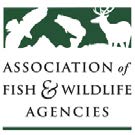

Connectivity and Climate Change Toolkit
The Association of Fish and Wildlife Agencies’ Climate Adaptation Committee charged a small working group in September of 2019 to develop a toolkit focused on climate-informed landscape connectivity. The purpose is to provide state fish and wildlife agency planners and managers with the information necessary to ensure climate considerations are being accounted for and incorporated in the planning and implementation of terrestrial and aquatic connectivity initiatives. This toolkit is structured as a gateway to provide users with information, tools, and resources critical to understanding and deploying such climate adaptation strategies related to landscape connectivity. Unfortunately, no one-size-fits-all approach works for these kinds of initiatives, and so the goal of the toolkit is to provide users with a variety of considerations and resources to identify their needs. Users are encouraged to use the table of contents to help identify the sections most relevant to their conservation goals. However, users can also read through the entire toolkit as each section builds upon the next for a more comprehensive overview of climate change and landscape connectivity considerations.
Fifth National Climate Assessment
The Fifth National Climate Assessment (NCA5), currently in development, will analyze the impacts of global change in the United States. The development of NCA5 is overseen by a Federal Steering Committee appointed by the Subcommittee on Global Change Research (SGCR) and comprising representatives from USGCRP agencies. NOAA, as the administrative agency for NCA5, is responsible for establishing procedures for the report, releasing Federal Register Notices, and certifying the report meets Information Quality Act and Evidence Act standards. The process is designed to be transparent and inclusive, offering multiple opportunities for public participation. As in previous assessments, NCA5 will undergo an extensive, multi-phase process of internal and external review from federal agency experts, the general public, and external peer review by a panel of experts established by the National Academies of Sciences, Engineering, and Medicine. This approach is designed to result in a report that is authoritative, timely, relevant, and policy neutral; valued by authors and users; accessible to the widest possible audience; and fully compliant with the GCRA and other applicable laws and policies. This toolkit is structured as a gateway to provide users with information, tools, and resources critical to understanding and deploying such climate adaptation strategies related to landscape connectivity. Unfortunately, no one-size-fits-all approach works for these kinds of initiatives, and so the goal of the toolkit is to provide users with a variety of considerations and resources to identify their needs. Users are encouraged to use the table of contents to help identify the sections most relevant to their conservation goals. However, users can also read through the entire toolkit as each section builds upon the next for a more comprehensive overview of climate change and landscape connectivity considerations.
